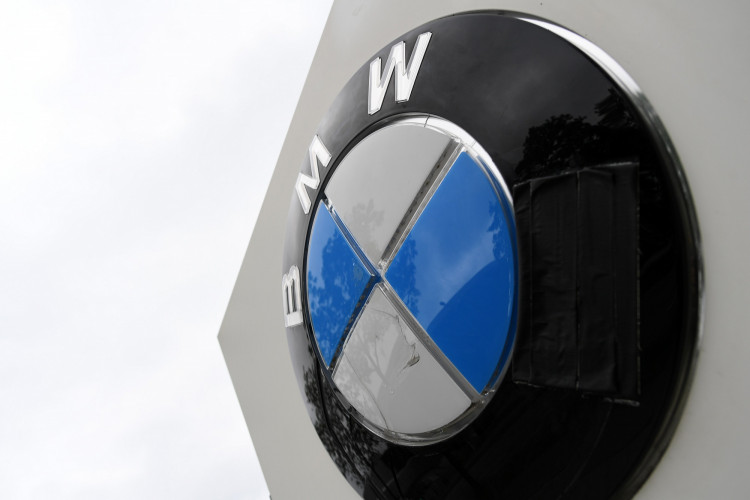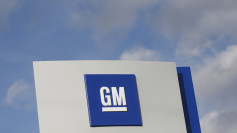BMW has overtaken Tesla in monthly sales for the first time, marking a crucial milestone for traditional automakers as they challenge the dominance of Tesla in the rapidly evolving sector. According to data released by market research firm JATO Dynamics, BMW sold 14,869 battery electric vehicles (BEVs) in July 2024, surpassing Tesla's 14,561 units, despite an overall decline in EV sales across the continent.
This development is particularly notable as it underscores the growing competition between traditional automakers and Tesla, which has long held a leading position in the global EV market. BMW's achievement is not just a result of increased sales but also reflects the broader dynamics at play in the European automotive industry, where established brands are leveraging their legacy and customer loyalty to gain ground in the electric vehicle space.
The recent data highlights a 35% year-over-year increase in BMW's BEV sales, a stark contrast to Tesla's 16% decline in the same period. This shift is attributed to BMW's strategic introduction of new models such as the iX1, i4, and i5, which have been well-received in the market. The iX1 and i4 were particularly successful, ranking among the top ten best-selling EVs in Europe for the month. The iX1 alone saw a 25% increase in registrations, further bolstering BMW's position.
Meanwhile, Tesla's performance, while still strong, shows signs of strain as it faces increasing competition. The Model Y, Tesla's flagship in Europe, remained the best-selling EV with 9,544 units sold in July. However, the overall drop in Tesla's sales raises questions about the sustainability of its market dominance, especially as other manufacturers continue to innovate and introduce competitive alternatives.
The broader context of this shift includes a slowdown in the European EV market, with total registrations falling by 6% year-over-year to 139,300 units. This decline is partly due to uncertainties surrounding EV incentives and subsidies, which have made consumers more cautious about transitioning to electric vehicles. According to Felipe Munoz, a global analyst at JATO Dynamics, "The lack of clarity around the incentives for-and future of-EVs continues to present a barrier to consumers considering an EV." This sentiment echoes the challenges that both new and established automakers face in convincing consumers to make the switch to electric vehicles, particularly as the market becomes more saturated.
Despite these challenges, traditional automakers like BMW are making significant strides. Volvo, for instance, has also seen substantial growth, with its new EX30 model becoming the second best-selling EV in Europe in July, registering 6,573 units. Volvo's market share increased by 5.5%, further intensifying the competition in the European EV market.
While Tesla remains the overall leader in year-to-date sales with 178,700 units sold through July, the narrowing gap with competitors like BMW (97,525 units) and Volkswagen (88,445 units) signals a more competitive landscape ahead. This trend is not confined to Europe alone; Tesla's market share has also slipped in the United States, falling below 50% for the first time.






